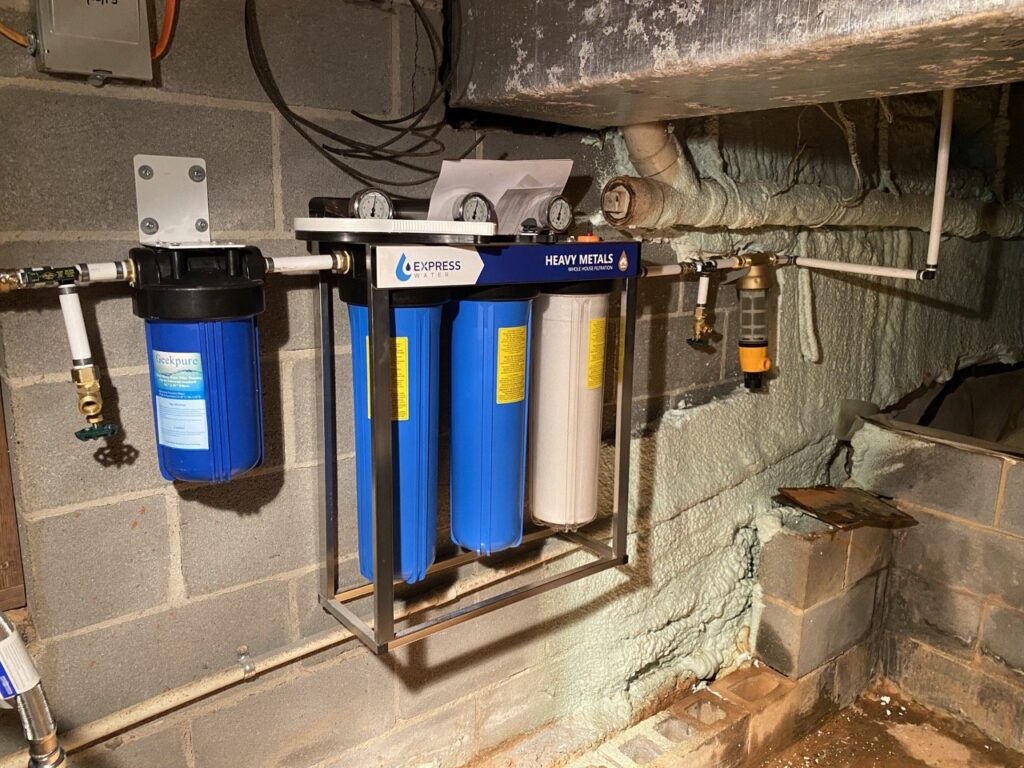Navigating the Future- Innovative Strategies for Talent Acquisition
In today’s rapidly evolving business landscape, talent acquisition has emerged as a critical element for organizational success, compelling companies to adopt innovative strategies that not only attract but also retain top talent. Traditional recruitment methods, often characterized by standard job postings and lengthy application processes, are no longer sufficient in a competitive marketplace where the demand for skilled professionals often exceeds supply. As a result, organizations must leverage technology, data analytics, and a deep understanding of candidate needs to refine their talent acquisition strategies. One of the foremost innovative approaches in talent acquisition is the integration of artificial intelligence (AI) and machine learning. These technologies enable companies to streamline their hiring processes, reduce bias, and enhance candidate experiences. For instance, AI-powered tools can sift through vast amounts of resumes, identifying the most qualified candidates based on specific criteria and skills. Additionally, chatbots can engage with candidates in real-time, answering questions and providing information about the hiring process, thus creating a more interactive and personalized experience. By harnessing these technologies, organizations can not only improve efficiency but also ensure they are selecting candidates who align with their corporate culture and values.

Moreover, the concept of employer branding has gained prominence in talent acquisition strategies. A strong employer brand communicates an organization’s values, culture, and unique selling points, making it easier to attract candidates who resonate with the company’s mission. Companies are increasingly utilizing social media platforms and professional networking sites to showcase their workplace culture, employee testimonials, and success stories. This proactive approach not only draws in potential candidates but also helps build a positive reputation in the market, making it easier to attract high-quality talent in the long run. Networking has also evolved into a strategic avenue for talent acquisition. Organizations are now fostering relationships with industry professionals, educational institutions, and community organizations to build a talent pipeline. By collaborating with universities and offering internships or co-op programs, companies can engage with students early on, providing them with hands-on experience while identifying potential future hires.
Furthermore, remote work has reshaped the landscape of talent acquisition, expanding the geographic scope of potential candidates. Companies are now tapping into global talent, allowing them to find the best fit for their needs without being limited by location. To succeed in this environment, organizations must adapt their recruitment processes to accommodate remote hiring, including virtual interviews and online onboarding processes. By embracing flexibility and inclusivity, companies can attract a broader range of candidates and foster a diverse workforce. In conclusion, navigating the future of talent acquisition requires organizations to rethink their strategies, embracing technology, enhancing employer branding, leveraging networking opportunities, and adapting to the remote work landscape. By doing so, companies can not only attract and retain top talent but also foster a workplace culture that thrives on innovation, collaboration, and success in a competitive global market. As the workforce continues to evolve, those organizations that prioritize innovative talent acquisition strategies will be well-positioned to meet the challenges of the future.








